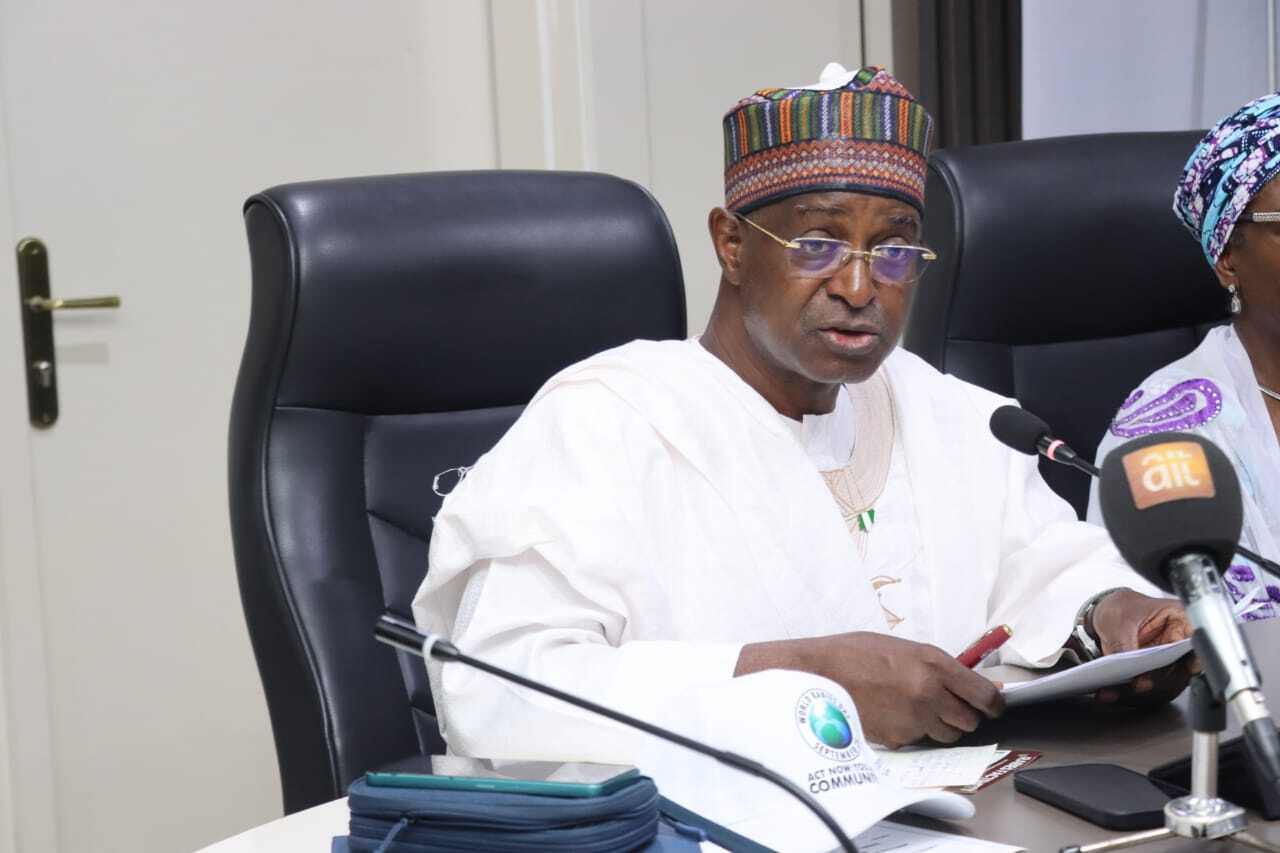In a strategic move to bolster agricultural cooperation and regional food security, Nigeria has donated 2,000 cashew seedlings and 100,000 cashew seeds to Ethiopia.
The donation—sufficient to cultivate approximately 600 hectares of farmland—was officially received by Ethiopia’s Minister of State for Agriculture, Dr. Efa Muleta Boru, ahead of the second United Nations Food Systems Summit, taking place in Addis Ababa from July 27 to 29, 2025.
Anchored in President Bola Tinubu’s agricultural transformation agenda, the initiative forms part of a broader green diplomacy drive that positions agriculture as a key tool for regional development, climate resilience, and diplomatic engagement.
The gesture also reciprocates Ethiopia’s earlier donation to Nigeria in June 2025 of 2,000 Hass avocado seedlings and 2,000 coffee seedlings, further cementing bilateral ties and shared commitments to advancing climate-smart agriculture across Africa.
Meanwhile, Vice President Kashim Shettima arrived in Addis Ababa on Saturday to lead Nigeria’s delegation to the global summit. He was received at Bole International Airport at about 4:26 p.m. local time by Ethiopia’s Deputy Prime Minister, Temesgen Tiruneh, along with senior officials from the Nigerian Embassy.
Shortly after his arrival, Shettima met with members of the Nigerian delegation, including Chargé d’Affaires Ambassador Nasir Aminu and Marion Moon, Technical Assistant to the President on Agriculture and Executive Secretary of the Presidential Food Systems Coordinating Unit (PFSCU). Moon briefed the Vice President on Nigeria’s objectives for the summit.
Shettima is expected to participate in several high-level sessions and roundtables, including discussions on transforming the global coffee value chain, enhancing trade and public finance frameworks, and scaling responsible investment in food systems reform.
At a pre-summit briefing, the Vice President outlined Nigeria’s threefold goals: to assert leadership in African food systems reform, build international partnerships aligned with national priorities, and promote a private sector-led model for agricultural transformation on the continent.
The agricultural exchange with Ethiopia, which is unfolding on the sidelines of the summit, serves as a tangible expression of Nigeria’s commitment to regional food security and its evolving use of agriculture as an instrument of foreign policy.






